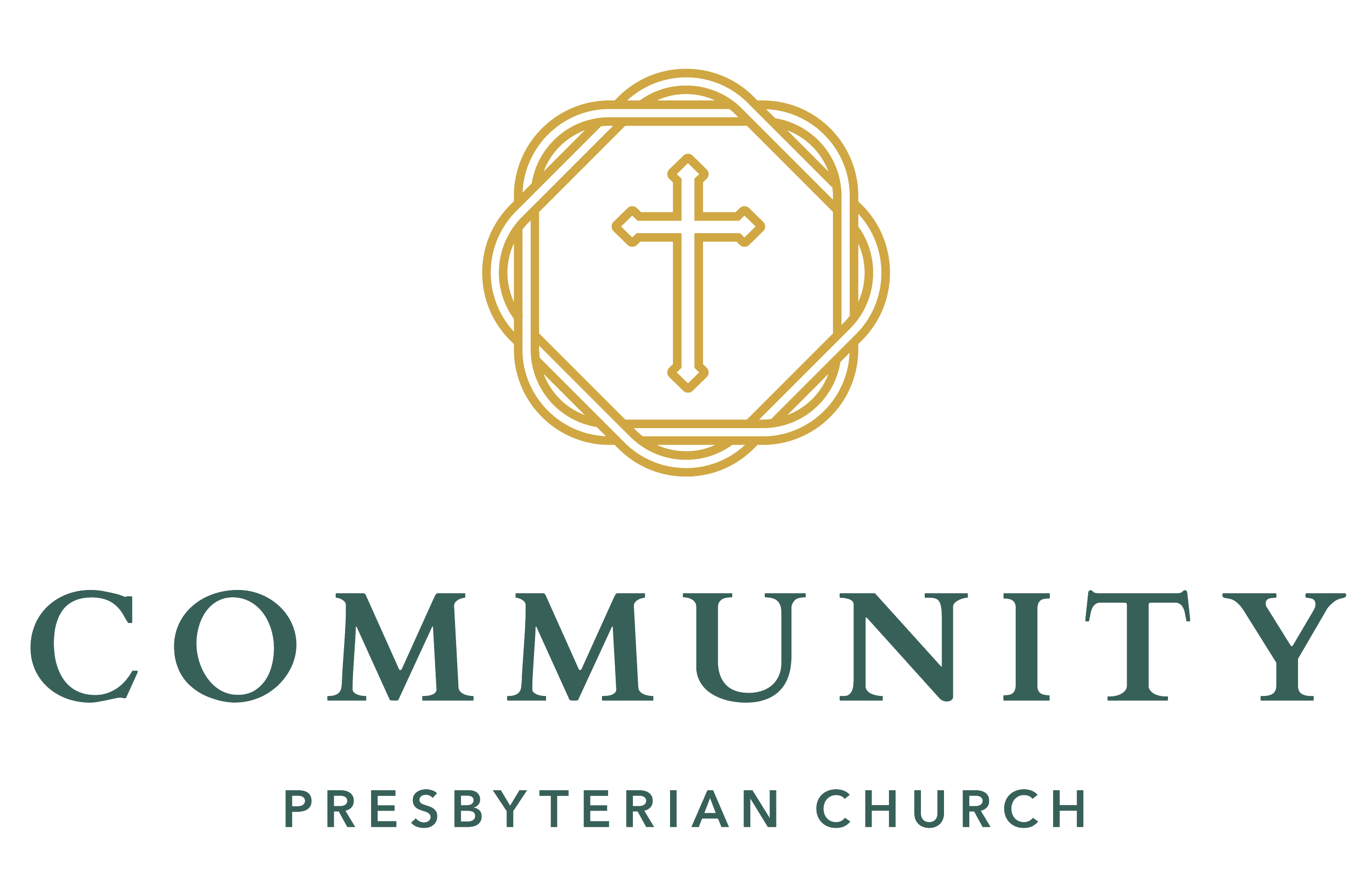What Is the Lord's Supper? (Part VI)
When we celebrate the Lord’s Supper, it is right and proper for the minister to exhort the congregation to “seek the things that are above, where Christ is, seated at the right hand of God. Set your minds on things that are above, not on things that are on earth” (Colossians 3:2-3). This is because we believe that in the Supper, Christ does not come down to us, but we are raised, by the Spirit, to where He is. We are seated at a heavenly table and feast with Him there. This is an important point of our Christology: Christ is fully human, which means He can only be in one place at one time and right now He is in heaven. But He is still really and truly present in the sacrament through the Spirit’s mysterious work in us.
This is why it has been a common tradition since the early church, in many different denominations or strands of Christianity, to use the sursum corda in worship. Sursum corda is Latin for “Lift up your hearts!” Traditionally, the minister would speak these words and the congregation would reply, “We lift them up to the Lord!” There is evidence that ministers such as Cyprian, Augustine, and Cyril of Alexandria all used the sursum corda in their worship services. Calvin also appeals to it in his instructions for properly understanding the nature of the Lord’s Supper:
"For, in order that pious souls may duly apprehend Christ in the Supper, they must be raised up to heaven. . . . It was established of old that before consecration the people should be told in a loud voice to lift up their hearts. Scripture itself also not only carefully recounts to us the ascension of Christ, by which he withdrew the presence of his body from our sight and company, to shake from us all carnal thinking of him, but also, whenever it recalls him, bids our minds be raised up, and seek him in heaven, seated at the right hand of the Father." —Institutes of the Christian Religion, 4.17.38
The Supper, like the rest of worship, is an ascent. Worship does not take place down here in the realm of sin, but above in the realm of saints and angels. It is a way of mutually reminder and exhortation that in worship we do “not come to something that can be touched” (Mount Sinai), but “to Mount Zion and to the city of the living God, the heavenly Jerusalem, and to innumerable angels in festal gathering, and to the assembly of the firstborn who are enrolled in heaven” (Heb. 12:18; 22-23).
As we celebrate the Lord’s Supper, we are reminded to always be keeping our eyes fixed on Jesus. The Christian life is a life lived with our sights set towards heaven, our true home. May the Supper be a course-corrector for you if you have strayed. May it point you away from the pleasures of this world and instead to the everlasting glories of the city of the living God.
